Home / Technology
Samsung’s six darkest scandals of all time that will shock you
One of the most infamous scandals in tech history came in 2016 with the Samsung Galaxy Note 7
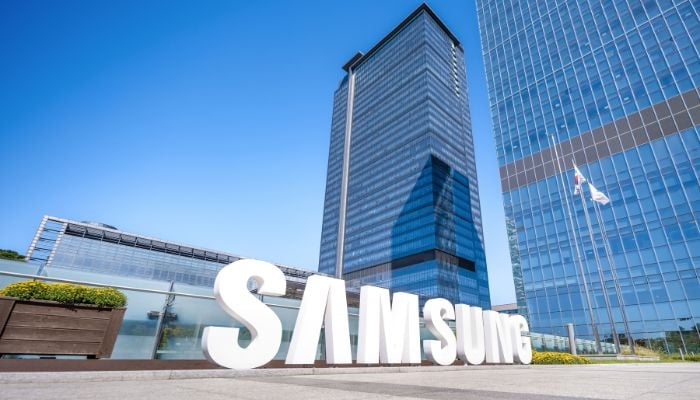
Samsung is one of the world’s most powerful technology conglomerates, commanding global markets with its cutting-edge smartphones, semiconductors, and consumer electronics.
However, behind its innovations lies a troubling history, primarily centred on bribery, corruption, product disasters, labour controversies, and tax scandals.
Such incidents have not only damaged Samsung’s reputation but also exposed deep flaws within the system.
Here are some of the worst scandals that have rocked the South Korean tech giant over the decades.
Product scandals
One of the most infamous scandals in tech history came in 2016 with the Samsung Galaxy Note 7.
1. The explosive Galaxy Note 7 recall
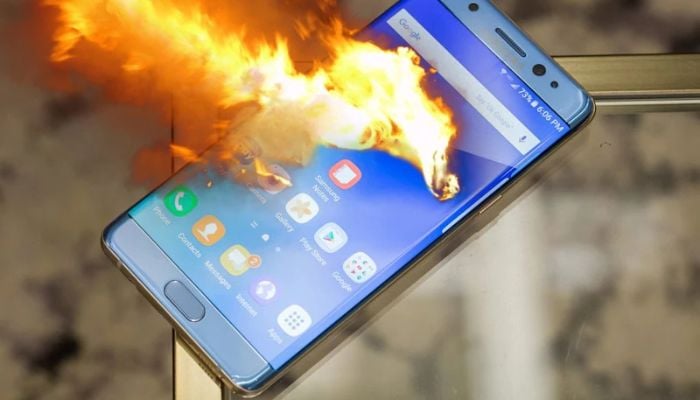
Soon after Galaxy Note 7's release, reports emerged of devices overheating, catching fire, and even exploding.
Investigations revealed two separate manufacturing defects in the phone’s batteries, making the devices dangerous to use.
The company initially attempted a recall and replacement programme, but replacement units also caught fire.
Ultimately, the tech giant was forced to discontinue the Note 7 entirely, recalling 2.5 million devices worldwide.
The fiasco wiped out an estimated $14 billion from Samsung’s market value and left a long-lasting impact on consumer trust.
Political scandals
2. The Lee Jae-yong saga

In 2017, Samsung’s leader Lee Jae-yong was convicted of bribery, embezzlement, and perjury in connection with the massive political scandal that led to the impeachment of South Korea’s President Park Geun-hye.
Prosecutors revealed that Lee paid millions in bribes to a confidante of the president to secure support for a controversial merger that strengthened his grip on the conglomerate.
Lee was initially sentenced to five years in prison, later released, then re-imprisoned following a retrial in 2021.
Though he was eventually pardoned in 2022 and acquitted of fraud charges in 2024 and 2025, the scandal highlighted the deep ties between Samsung and political power in South Korea.
3. Lee Kun-hee’s tax evasion and bribery
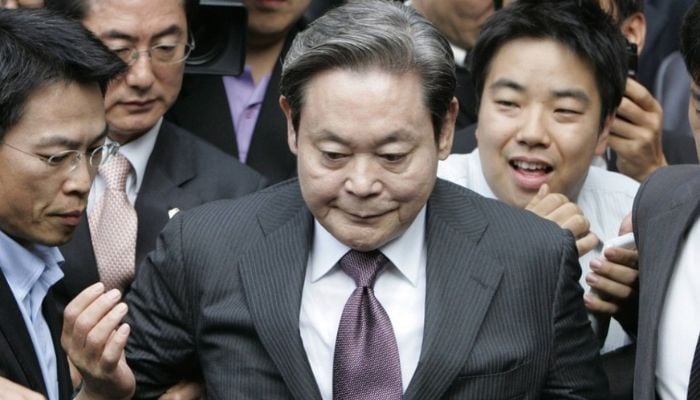
Samsung’s troubles with the law did not start with Jae-yong. Earlier, his father, Lee Kun-hee, who served as chairman until his death in 2020, was convicted twice of white-collar crimes.
In 1996, he was convicted of bribing former president Roh Tae-woo, and in 2008, he was found guilty of tax evasion related to hidden slush funds used to influence officials.
Both times, he received presidential pardons, a pattern that critics argue underscores the chaebol-friendly culture of South Korea’s political system.
Labour scandals
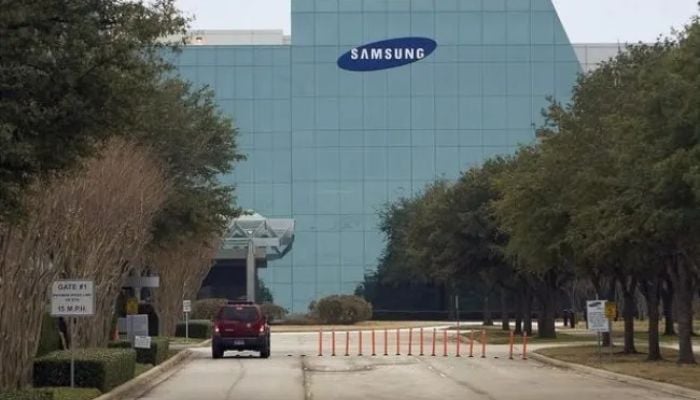
4. Tragedy in semiconductor factories
Behind Samsung’s semiconductor success lies a dark history of worker illnesses and unsafe conditions.
Beginning in the early 2000s, numerous young employees at Samsung’s chip plants developed leukemia and other cancers, with cases such as the death of 21-year-old Hwang Yu-mi in 2007 sparking outrage.
For many years, Samsung denied responsibility, but after more than a decade of protests, lawsuits, and international pressure, the company issued a public apology in 2018.
Moreover, it agreed to compensate affected workers and their families, acknowledging the risks from chemical exposure inside its factories.
5. Labour rights and union-busting
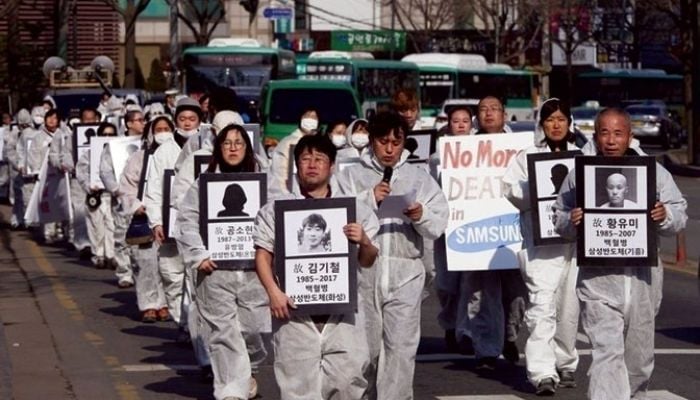
The tech giant has also long been accused of anti-union practices, with critics arguing that the company systematically suppressed worker organising.
While labour issues had occurred for decades, the tension boiled over in 2024 when Samsung workers held the company’s first-ever labour strike, demanding fair wages and transparency.
Investigations have also linked Samsung’s supply chains in China and Vietnam to child labour and poor working conditions, despite its public stance of “zero tolerance” for such practices.
6. Tax avoidance scandals

Samsung has also faced scrutiny over tax practices. In 2023, authorities in India accused the company of evading $212 million in import duties by misclassifying networking equipment.
The company denied wrongdoing, but the case highlighted growing global scrutiny of how multinationals use tax loopholes and technicalities to minimise liabilities.














